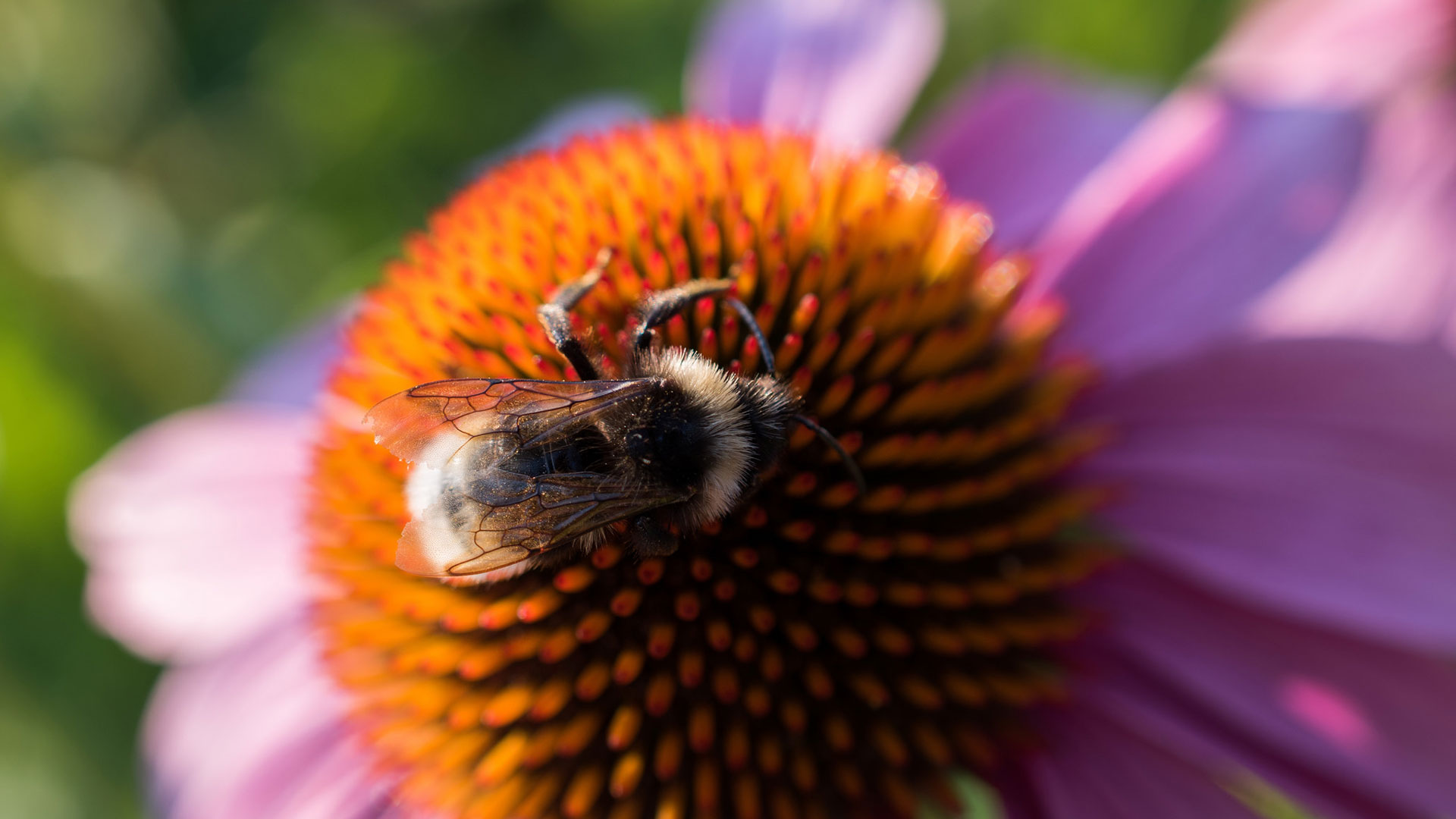Dorset County Council is one of the first to implement a pollinator action plan, where senior ecologist Dr Annabel King said: “The plan has enabled us to make significant savings — we save around £93,000 a year by only cutting rural road verges when needed, allowing wildflowers and grasses to flower and set seed.
“We also never use topsoil when creating new road verges anymore, as subsoil results in wildflower rich grass which is of greater use to pollinators and costs less to manage.”
A similar plan was put in place by Wales Biodiversity Partnership, launching special initiative Bee Friendly this year. There was a recorded 23 per cent decline in honeybees in Wales between 1985—2005.
The team behind the plan is looking to grant accreditation to schools, businesses, universities, public bodies and places of worship who adapt to more bee-friendly practices. The criteria in place revolve around food, ‘five-star accommodation’, freedom from pesticides and ‘fun’.
One such organisation to have been accredited is Chirk Castle near Wrexham – the first National Trust property to be recognised by the initiative.
Advertising helps fund Big Issue’s mission to end poverty
Several beehives have been installed on the castle grounds and a local beekeeper, John Beavan, brought on board to manage them.
https://twitter.com/wgmin_enviro/status/1028992220093997057
Keith Griffin, Chirk Castle ranger who led the effort, said: “On the estate we have a large number of veteran trees which have lots of hollows and cavities. We also leave standing and fallen dead wood in situ which provides homes for all kinds of insects.
“We have committed to not using any pesticides on the estate to ensure pollinating insects are protected from harm.
“We have also restricted the use of herbicides, which are only to be used to control invasive plant species such as Japanese knotweed.”
The ranger said he hoped that Chirk Castle’s success in being accredited would inspire other National Trust properties to get involved as, he pointed out, many are already doing enough to meet the Bee Friendly criteria.
Advertising helps fund Big Issue’s mission to end poverty
He added: “The Bee Friendly scheme also allows us to showcase the work we’ve done as well as inspire visitors to do their bit in their own gardens.”
Image: Flickr/Tomasz Baranowski









